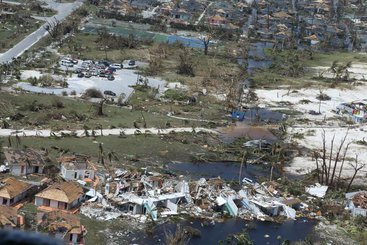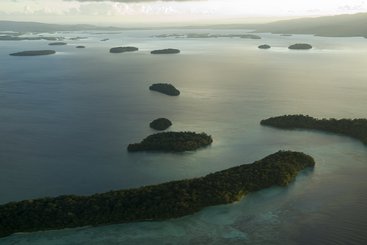The United Nations High-level Political Forum on Sustainable Development (HLPF) kicked off last week in New York. Set up in 2012, the HLPF reviews progress on Agenda 2030 and the Sustainable Development Goals (SDGs). It’s not good news. Covid-19 has undermined progress globally; but Small Island Developing States (SIDS) bear a disproportionate impact.
Surrounded by water, these open economies and fragile ecosystems are threatened on all sides: ocean warming and acidification, sea-level rise and coral bleaching, loss of terrestrial biodiversity, and more frequent disasters will seriously undermine impressive development gains made by SIDS since independence. Progress in SIDS on eradicating extreme poverty (SDG 1), reducing obesity levels (SDG 2), and improving the quality of health services (SDG 3) has stalled or reversed. The slump in international tourism and remittances, fuel and food price rises, and supply chain disruptions combine to put these small island economies under immense pressure. And with soaring debt-to-GDP ratios, achieving SDG goals by 2030 looks daunting.
But SIDS voices are becoming more prominent in climate, trade and international development debates, thanks to inspiring leadership – including most recently by Barbados PM Mia Mottley – and through progressive coalitions like the Alliance of Small Island States (AOSIS). This international engagement is key to improving the conditions under which SIDS can achieve financial sustainability, environmental justice, international alliances and equitable societies.
Bringing research and evidence to bear on challenges ahead
ODI’s global advisory network – the Resilient and Sustainable Islands Initiative (RESI) – is supporting SIDS as they search for solutions to growing sustainability challenges, to frame policy problems, gather evidence and influence the international debates and institutions that may be creating problems for SIDS.
As the HLPF turns its attention today to Small Island Developing States: Building back better in vulnerable situations, RESI publishes the first in a series of four insights on the special situation of SIDS and opportunities for creating more favourable international conditions for their resilience and sustainable development.





